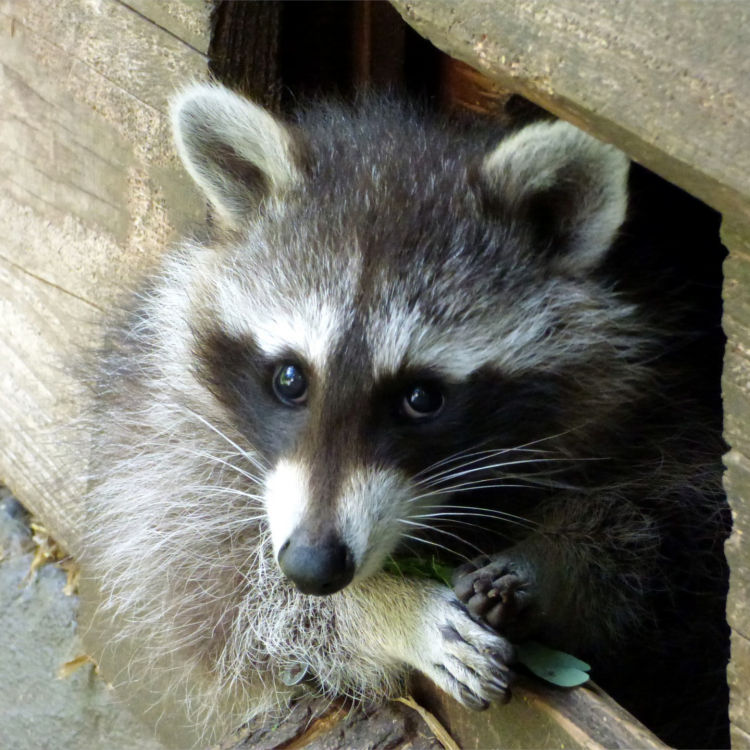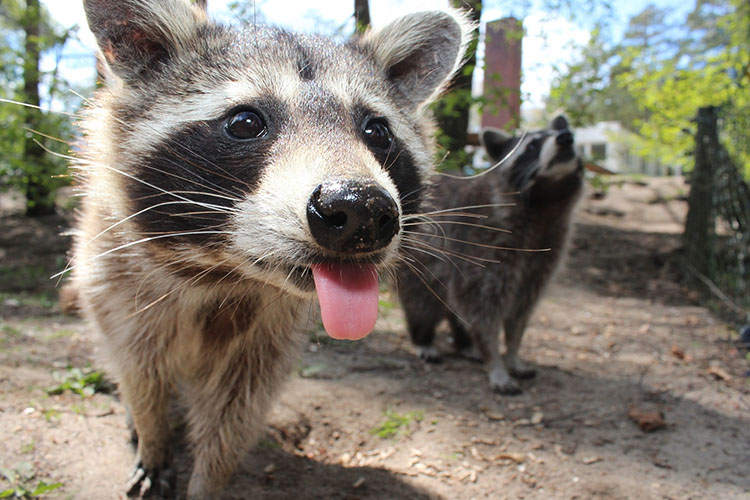Raccoon Diseases | Health Risks arising from Raccoons in your Attic
Often, people associate raccoons with rabies. While, they are common carriers of the disease, there are other concerns that are more commonly found. Many of these diseases are transferrable not only to other animals but humans as well – which is double bad news if you have a household pet! One of the more common diseases is roundworm, raccoons often are discovered carrying roundworm and excrete eggs by their droppings. These eggs are potentially harmful to humans and can become airborne, meaning that if you inhale them you could be affected. Another disease spread through raccoon droppings is leptospirosis, this is also carried in their urine. This does require direct contact with urine or feces, so while you may think to wear gloves, your cat Mr. Flufferton will not and can easily contract this.

There are more risks related to raccoon activity in the attic that could put you in danger, although they are not disease related. Raccoons are well known for destroying attics that they live in. They will rip up your insulation, scratch and possibly even break beams, and occasionally even damage the AC duct work. Not only can this potentially put the structural integrity of your house at risk, but repairing all of the damage can get pretty costly. Raccoons are also known for chewing on electrical wiring. This can be a serious risk to you and your family, as it is a major fire hazard and can often go unnoticed – especially when the wiring is in the attic.

While they may look cute, raccoons are a serious risk once they are in your home. These risks are some of the main reasons that it is so important to identify a problem as soon as you possibly can. Getting a head of the issue can reduce your exposure to harmful risks!